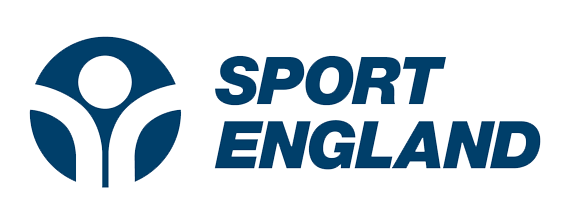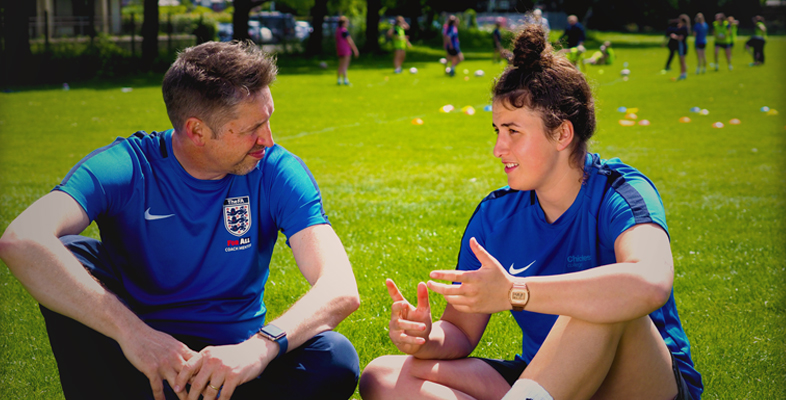Are you responsible for helping coaches to learn and develop? Do you consider yourself to be a coach developer, a coach educator, a mentor, a tutor or somebody else who just wants to support coaches and enable them to become the best coach they can be?
This course is designed to support people like you. It is a course dedicated to developing the people who develop the coaches. It is particularly intended to support people who are just beginning to support coaches or those who want to develop their expertise in the role further.
The course is introduced by Lucy Moore and Stuart Armstrong of Sport England. Lucy is a Coach Development Manager and Stuart is Head of Coaching and Professional Workforce. Both are active coaches and coach developers. Listen to what they have to say about the course.
You will cover topics that examine how coaches learn, why it is important to build effective relationships, how to ask good questions and listen actively, how your status can influence the process of learning, and the skill of observing and providing feedback to coaches. You will also discover how coaches describe the qualities of an effective coach developer and how you can learn to improve the support you provide to coaches. By the end of the course, you should be more confident in your ability to support coaches and guide them towards developing their practice.
This course is also beneficial to those who develop, educate and train other people in the sport, exercise and physical activity sector. The course content will be relevant in supporting the learning and development of fitness instructors, officials, teaching assistants, sports leaders, activators and other volunteers.
The development of this course has been supported by a grant from Sport England and it contributes towards achieving the aims and aspirations of the Coaching Plan for England and The Professional Workforce Strategy for England.

Enrolling on the course will give you the opportunity to earn an Open University digital badge. Badges are not accredited by The Open University but they're a great way to demonstrate your interest in the subject and commitment to your career, and to provide evidence of continuing professional development.
Once you are signed in, you can manage your digital badges online from My OpenLearn. In addition, you can download and print your OpenLearn statement of participation – which also displays your Open University badge.

This course is accredited by the CPD Standards Office. It can be used to provide evidence of continuing professional development and on successful completion of the course you will be awarded 24 CPD points. Evidence of your CPD achievement is provided on the free Statement of Participation awarded on completion.
Please tell us more about your Continuous Professional Development (CPD) and personal skill development!
We would really appreciate a few minutes of your time to complete this survey; and tell us about yourself and your experiences of CPD and lifelong learning.
The Open University is working in collaboration with the CPD Standards Office in a national study to understand more about individual professionals' experiences, perceptions and practice for adult skill development. Find out more here cpdstandards.com/research.
By participating in this high profile research, you will be contributing to scientific knowledge about adult skill development and how we can develop successful future careers. Participation is confidential, voluntary and we will not pass on your details to others.
Earn this free Open University digital badge if you complete this course! The badge can be displayed, shared and downloaded as a marker of your achievement. The badge is awarded for completing the course and passing the quizzes.
Course learning outcomes
After studying this course, you should be able to:
- understand the impact coach developers can have on coach learning and development
- appreciate the skills, knowledge and personal qualities that effective coach developers possess
- describe appropriate concepts and theories that explain the process of becoming a better coach
- reflect on and question personal current practices as a coach developer and how these practices can be improved
- consider how coach learning and development may evolve in the future and the implications this might have for coach developers.
First Published: 26/02/2019
Updated: 20/08/2019
